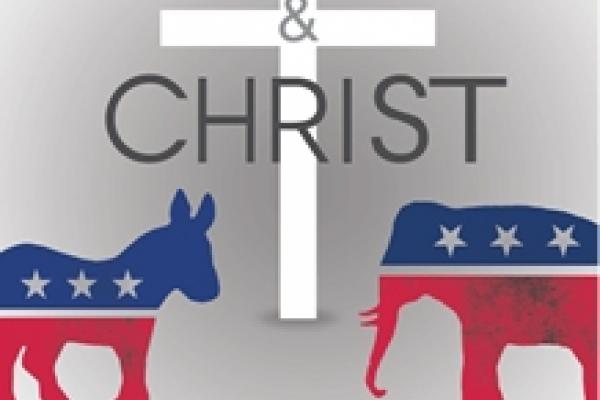Nov 9, 2011
Yesterday (Nov. 8), Mississippi voters defeated Ballot Measure 26, "the Personhood Amendment," which would have granted the status of legal person to a fertilized egg. The measure effectively would have outlawed abortion in all circumstances within the state, deeming it murder. It would have made the protection of the mother's life a criminal offense, if that protection risked the life of the fertilized egg.
There were lots of points of controversy over this measure. It was so extreme that even the Catholic Bishops denounced it. For me the most haunting question was this: "Who would it harm most?" My conclusion: families -- especially poor ones. When mothers -- especially poor ones -- die of complications in childbirth, families fold.
Read the Full Article

Already a subscriber? Login
